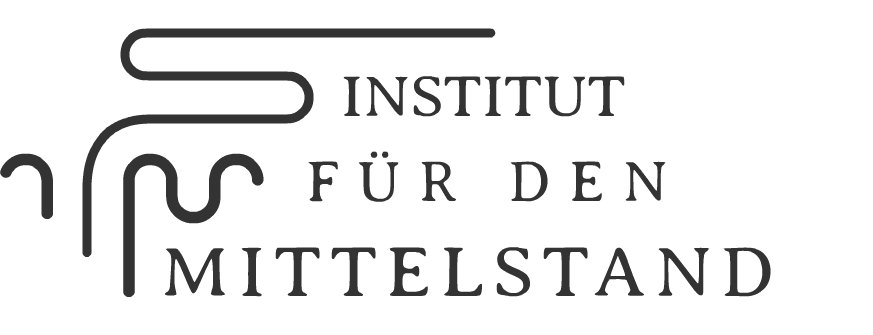Serbien
Das IFM Institut für den Mittelstand ist auch in Zeiten der Krise grenzübergreifend für Sie da!
Unser Serbien Repräsentantin Jasmina Racic beobachtet die Geschehnisse vor Ort.
Package of measures to support the economy of the
Republic of Serbia 31 March 2020
Finance Minister Sinisa Mali presented a package of measures to help Serbia’s economy and citizens during the state of emergency due to the Covid-19 virus pandemic would be worth 5.1 billion euros, 50% of Serbia’s annual budget, or 11% of this year’s gross domestic product (GDP) of Serbia, according to a statement from the Ministry of Finance.
The economic recovery package is comprehensive and comprehensive, focusing primarily on preserving jobs, reducing losses, and enhancing the liquidity of the entire economy. The whole package of measures is designed to take the brunt of the crisis on the state because it is economically strong enough and the desire to leave the crisis with as few consequences as possible.
Two basic objectives of the measure :
The two main goals of these measures are to encourage companies not to lay off workers and to support the country’s economy to the maximum. „About 900,000 people will receive a minimum wage payment from the state. All these small and micro businesses, artisans, taxi drivers, shoemakers, hairdressers, who now have their stores closed, the state has now said: we will pay your workers minimum wages. That is just over 90,000 dinars, or about 750 euros, per worker. “ It is also specified that payments should follow after May 1st.
Only those business entities that did not lay off more than ten percent of workers after March 15, the date when the state of emergency was declared in Serbia, will enter the program. The fact that the state gives money to employees does not prevent the employer from paying his planned salary to the employee, of course, if there are funds. What the state pays can only be an addition to that amount.
The state pays minimum wages to workers.
„We, therefore, advise that you do not lay off people, the state will pay the minimum wages,“ said the Minister of Finance of the Republic of Serbia. He added that the intention is that the amount intended for payment to workers should be paid into the company’s dedicated account and therefore directly to the workers , to prevent some abuse. He recalled that the economic momentum and growth was felt in the first months of this year, and thus recorded a GDP growth of 6.5% in January this year, while the Statistical Office of the Republic came out with data and that industrial production in February recorded a growth of 7.6% compared to the same period last year.
The minister stressed that one of the biggest demands of businessmen was the exemption from paying taxes on salaries and contributions, which was also met. He specified that the extent of this measure is sufficiently indicated by the fact that the state alone will not miss around 161 billion dinars or 1.3 billion euros on this basis, not paying taxes and contributions, but that the entire package of measures was made so that the state will bear the brunt of the crisis on yourself.
As a third, no less significant measure, the Minister cited the allocation and € 2.2 billion for credit support to the economy and preservation of liquidity.
This is an amount of about 2.2 billion euros, of which about 200 million euros will be earmarked for loans to be approved by the Development Fund of the Republic of Serbia at a minimum interest rate of one percent, while the remaining amount will be intended to guarantee loans that companies will to receive from commercial banks, in order to reduce the risk of banks defaulting on the loan.
Finally, the last measure, the payment of 100 euros to the account of every adult citizen in Serbia, will be realized after the state of emergency. „It will happen immediately after the emergency is lifted, a few weeks after. Our desire is for the state to pay one adult Euro at the expense of every adult citizen in RSD equivalent, to raise optimism and to all go through the crisis uniquely and in solidarity, to show economic strength, and thirdly, what will end up in spending because will go to buy manufactured goods, ”the minister explained.
Source: „BLIC” media
